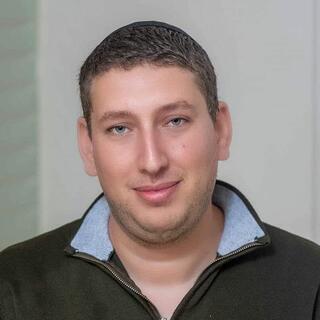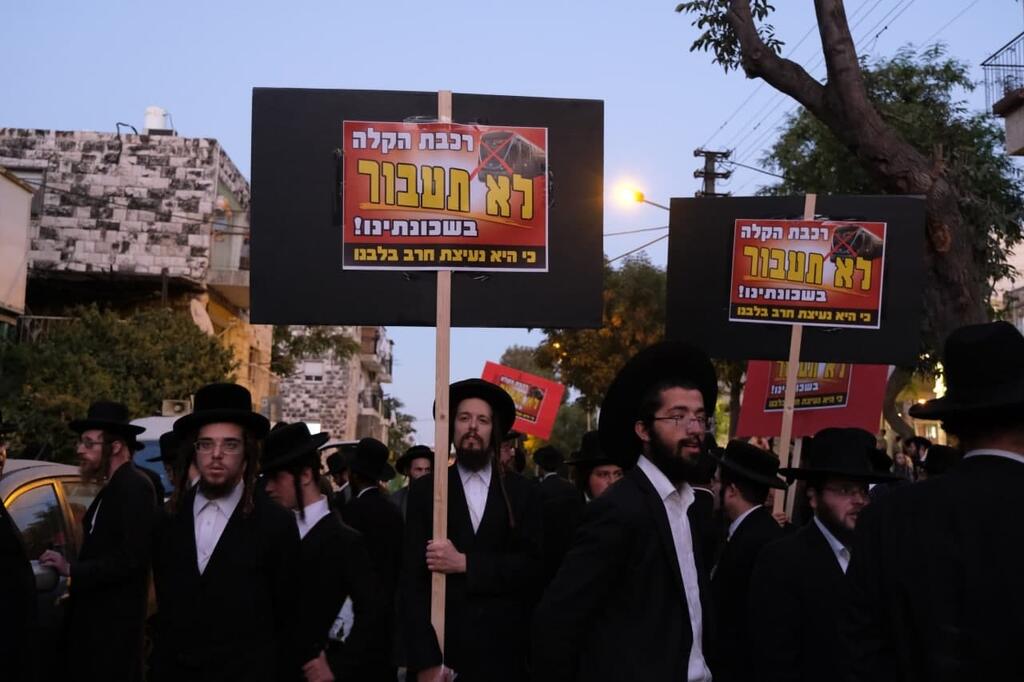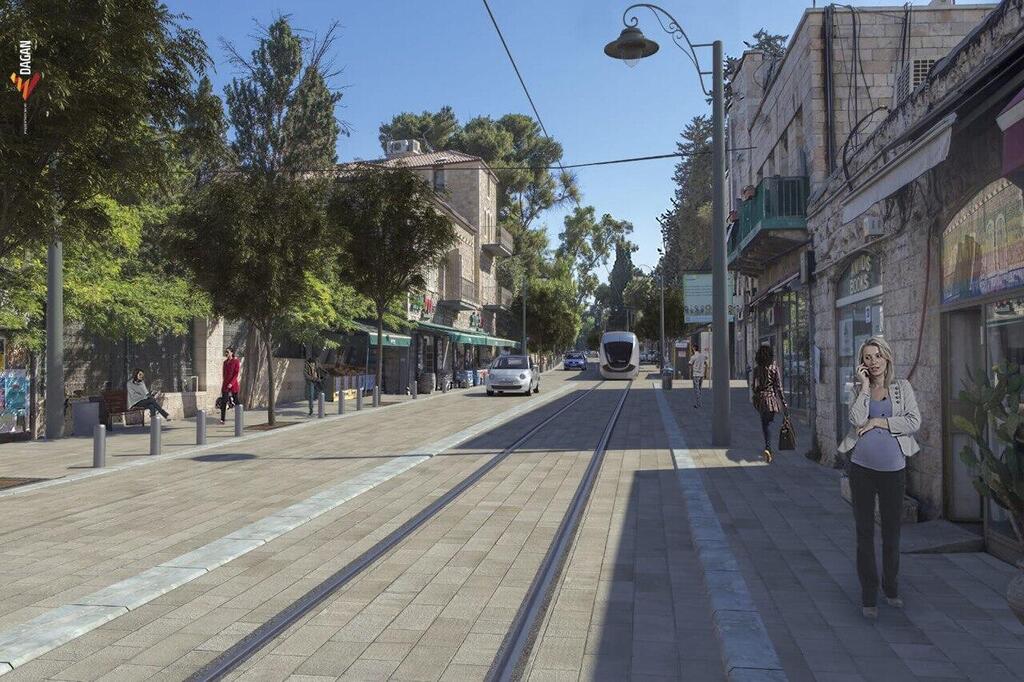Getting your Trinity Audio player ready...
A Jerusalem youth court judge sharply criticized police on Wednesday for their handling of a 14-year-old boy’s arrest during a protest against light rail construction in the city.
Police alleged the teen assaulted a female officer during Monday’s demonstration, but the boy denied the claim, with his lawyer asserting he merely bumped into her while walking on the sidewalk.
3 View gallery


Archival: Security forces and ultra-Orthodox demonstration against Jerusalem light rail construction
(Photo: Alex Kolomoisky)
Judge Gad Arenberg released the teen under significantly lighter conditions than those sought by police and accused law enforcement of selective enforcement. “The police’s approach to protesters is not uniform,” the judge said, referencing differences between protests involving ultra-Orthodox demonstrators and those in other areas, such as anti-government protests in Tel Aviv and Jerusalem.
At the hearing, police requested stringent release conditions, including full house arrest outside Jerusalem, a ban on participating in protests for 180 days, a third-party guarantee of 20,000 shekels ($5,200), and a cash deposit of 8,000 shekels ($2,100). Police argued the protests disrupted construction and traffic and had been declared illegal. However, they noted the boy said he had not participated in the protest.
The teen’s lawyer, Shlomo Haddad, described him as an orphan who denied the allegations. Judge Arenberg reviewed the case and deemed the police’s demands excessive. “The requested conditions exceed those typically imposed for other protests in places like Kaplan or Gaza Street. Release terms should not vary based on protesters’ religious affiliation or other characteristics,” he wrote in his decision.
The judge ultimately imposed far lighter conditions, including a 60-day ban from the light rail construction site, a third-party guarantee of 5,000 shekels ($1,300), and a cash deposit of 1,000 shekels ($260).
Get the Ynetnews app on your smartphone: Google Play: https://bit.ly/4eJ37pE | Apple App Store: https://bit.ly/3ZL7iNv
Four adults were also arrested during the protest. Police sought similar stringent release conditions for them, but Judge Arenberg reduced most of these demands, except for one detainee accused of assaulting an officer. The judge reiterated that conditions should be applied fairly across all protests, emphasizing, “Every protester believes they are demonstrating for an issue important to them.”
Attorney Haddad said: "The court's release decision speaks for itself. The court criticized the police for acting inequitably, leaving no doubt that this is a case of selective enforcement against the ultra-Orthodox community concerning protests. The police treat Kaplan protesters and those advocating for the release of hostages with kid gloves while taking a far harsher approach toward the ultra-Orthodox community, including the use of unreasonable force." He further claimed that indictments for similar charges have been filed only against ultra-Orthodox protesters.
The Israel Police responded: "First, we emphasize that any attempt to attribute selective enforcement to the police is unfounded and undermines the hard work of officers who operate day and night to ensure the safety of all citizens of Israel. The suspect was arrested during a violent disturbance involving physical confrontations with police, including attacks on officers using pepper spray, stone-throwing, and damage to light rail infrastructure. Two officers were injured during the incident, including a policewoman allegedly attacked by the suspect, who was arrested and brought before the court for release under conditions in consultation with the prosecution."
 Shlomo Haddad
Shlomo HaddadThe police added: "On December 24, the District Court ruled in an appeal concerning the release conditions set by the Magistrate’s Court (Judge Chavi Toker) on December 23 for individuals arrested during an unauthorized gathering. The court stated: 'The need for a suspect's arrest, as well as the conditions of their release, should not be determined based on sectoral affiliation. A detailed examination is required for each case and each respondent regarding the nature and strength of the detention grounds and the measures necessary to address them while avoiding undue harm to the suspect’s rights.'"
The court’s decision regarding one of the respondents said: "The respondent was found at an unauthorized gathering protesting light rail construction in Jerusalem. According to investigative materials, during the gathering—marked by derogatory chants toward police—he and others entered a pit at the site, resisted removal by interlocking arms with others, and was eventually removed by officers."
The police further noted: "Operational reports show that the gathering disrupted work at the site, involved additional participants, and caused a road blockage. Such incidents frequently occur at light rail construction sites, posing a public interest in preventing their recurrence. This is necessary to avoid repeated disruptions to construction intended for the public’s benefit, road closures on major routes, and to free Jerusalem police—already stretched thin due to the ongoing war and security situation—for essential tasks. The need for action is highlighted by the persistence of such incidents over several years."




